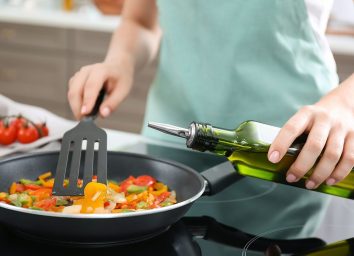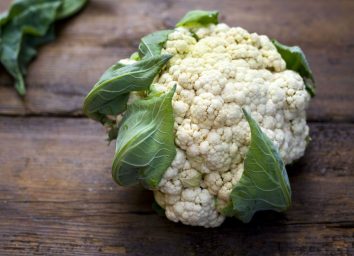30 Secret Cooking Tricks That Save You Money
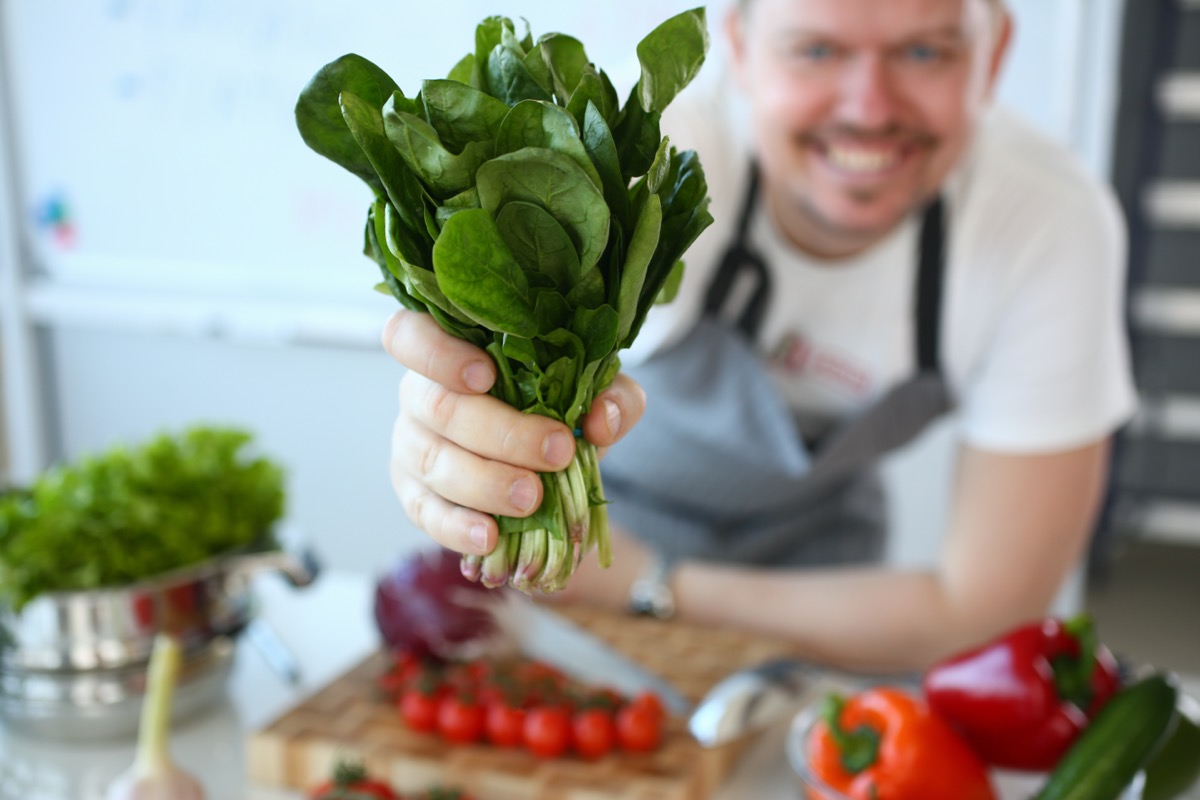
Cooking three meals a day can be expensive, but if you know how to shop, what to prepare, and how to best store your food, you can stretch your hard-earned money farther than you may think.
In fact, there are steps you can take before you even set foot in a grocery store or start browsing online that will ensure you stay well within your budget and actually save some money. For example, while everyone knows about shopping the sale items, did you also know it pays to shop late at night when stores are looking to unload perishable goods that would otherwise go to waste?
It’s also worth noting that the money-saving tactics hardly end when you leave the store because what you buy and how you prepare it directly affects things such as appetite and overall hunger. Eating meals rich in fiber, for example, will keep you fuller, longer, meaning you’re less likely to go back for a second helping or snack later, both of which are expensive and unhealthy habits.
Speaking of fiber, learn how to cook with more of the wallet and waist slimming stuff with this list of The 43 Best Foods for Fiber!
Know What You’ve Got
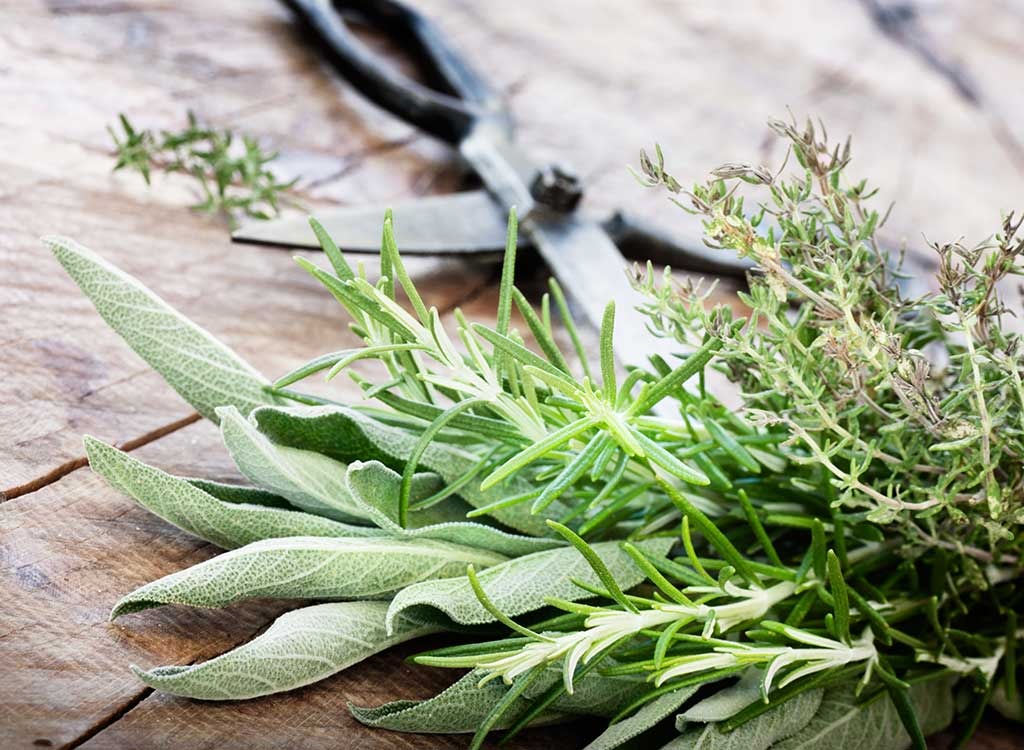
Before you do anything, take stock of what you already have on hand at home. That includes herbs and spices, which are typically used sparingly in recipes and cost a pretty penny. There’s certainly no need to purchase items you already have, and that alone can save you a good deal of money right off the bat.
Make A Shopping List

There’s a reason so many people advise making a list before you head out to the grocery store or start to shop online. If you know exactly what you’re looking for (after taking stock of what you have at home) there will be less of a chance to impulse buy or purchase items you don’t need. Creating a list and sticking to it allows you to stay within a budget.
Don’t Go Grocery Shopping On An Empty Stomach

Shopping on an empty stomach is never a good idea. In fact, research has shown that “hunger is likely to activate general concepts and behavioral knowledge associated with acquisition,” according to the Huffington Post, meaning hitting the supermarket while famished makes one more likely to purchase even non-food products. One way you can ensure your stomach doesn’t grumble while you shop is by filling up on protein-rich foods. For inspiration, check out The 29 Best-Ever Proteins for Weight Loss!
Stick To Inexpensive Cuts of Meat
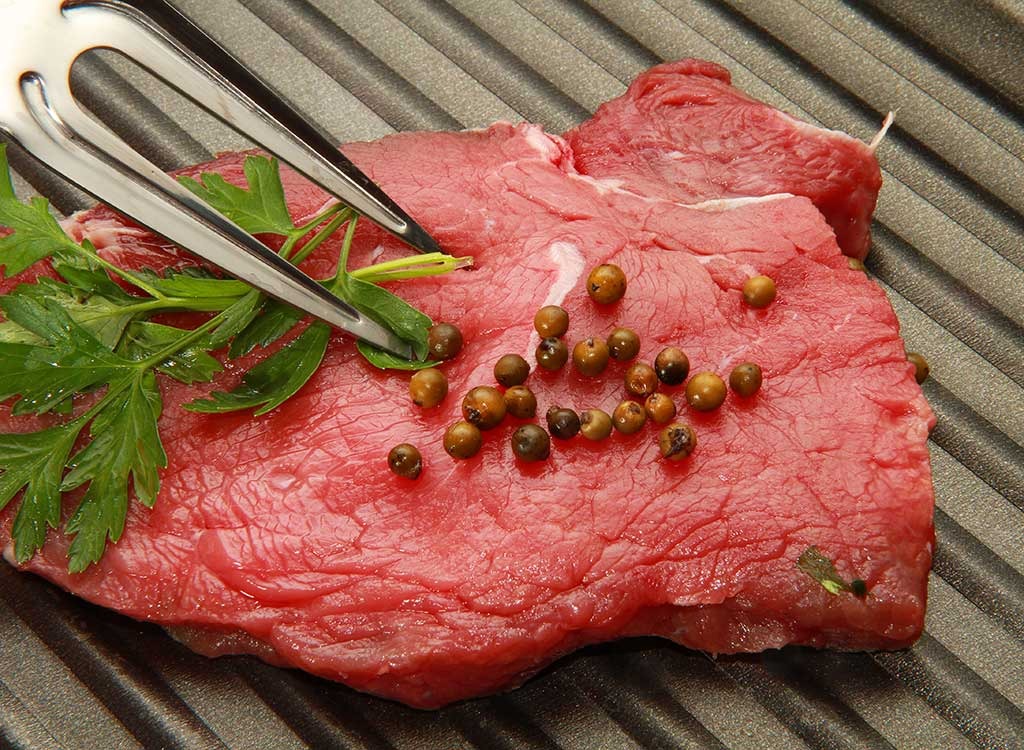
Ribeye steak, T-bone steak, and a filet are among the most expensive cuts of meat, but you can still have a delicious meal using somewhat tougher, much less expensive cuts such as the flank, hanger, or skirt steaks. While the former three cuts are known for their flavor and tenderness, using a crockpot or pressure cooker is a great and easy way to tenderize and add flavor to the latter trio, and you’ll save several dollars per pound.
Avoid Pre-Cut Fruits and Vegetables
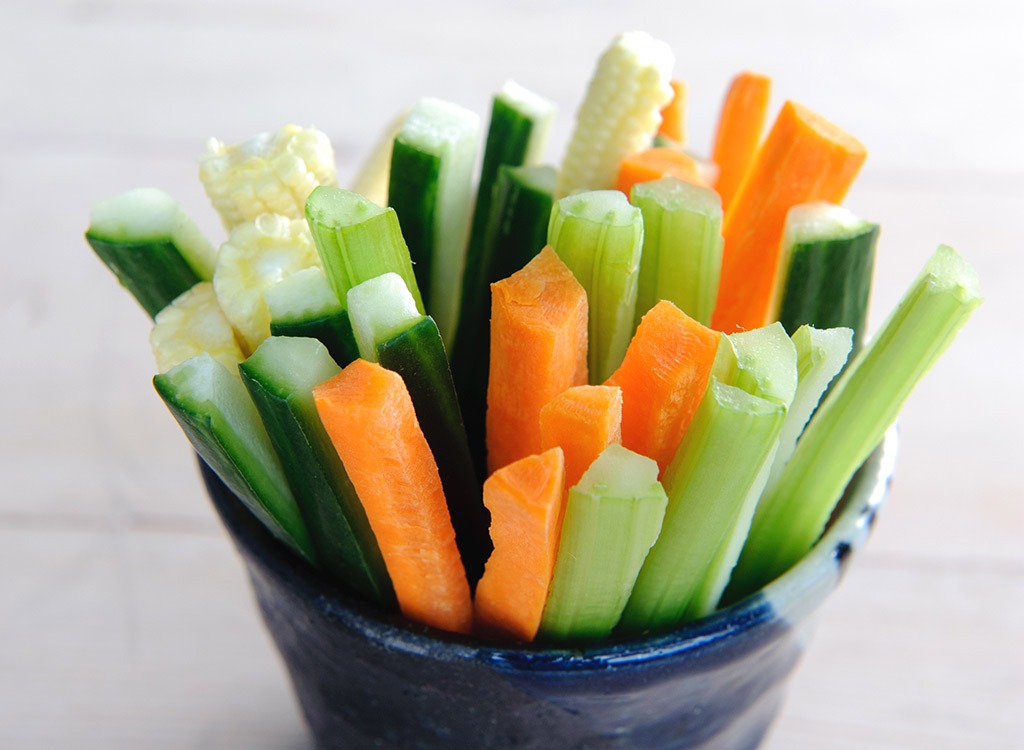
Pre-cut fruits and vegetables are enticing because all the slicing and dicing has been done for you, but they frequently cost more money than their whole, untouched counterparts, and often don’t stay fresh for very long. Avoid the pre-cut items and purchase whole fruits or veggies instead. It may take a few extra minutes of your time, but your wallet will thank you.
Try Frozen Fruits and Vegetables
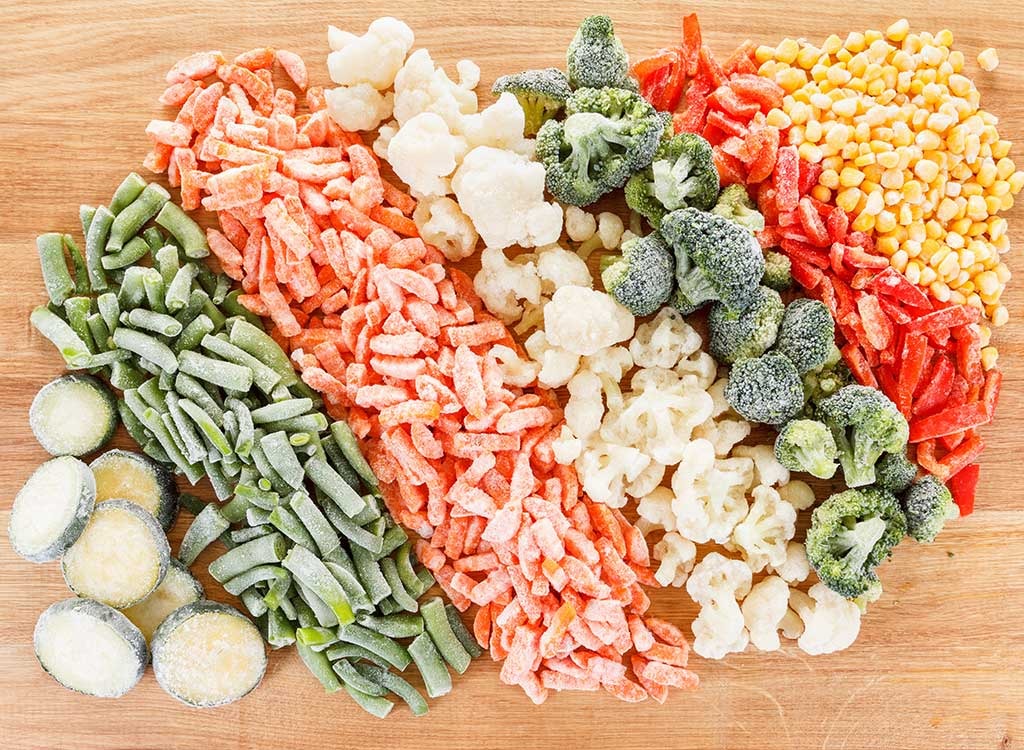
If buying fresh doesn’t work for your lifestyle, give frozen produce a try. Surprisingly, frozen fruits and veggies are able to retain much of their nutritional value, while also being inexpensive and conducive to healthy eating. What’s more? Frozen goodies typically save you time because everything is already peeled, cut, and ready to go.
Buy A Spiralizer

Many supermarkets now sell pre-spiralized versions of certain fruits and vegetables (we’re looking at you, zoodles!) but much like buying pre-cut produce, purchasing food that’s already been turned into a noodle is a big waste of money. Instead, invest in a spiralizer (they cost around $20) and noodle-fy whole fruits and veggies as often as you wish without the added cost.
Invest in an Instant Pot
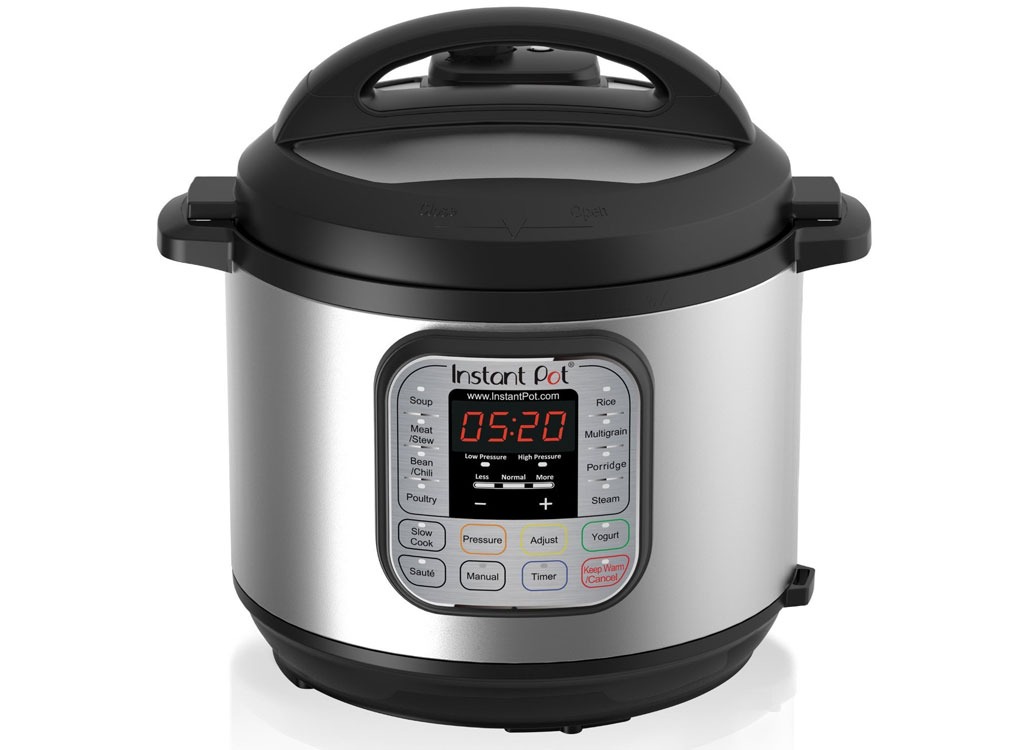
Though it may seem counterproductive to buy an item as a way to save money, the Instant Pot is in a league of its own. For around $100, this gizmo does the work of several costly appliances—serving as an electric pressure cooker, slow cooker, rice cooker, yogurt maker, sauté/browning pan, steamer, and warming pot. Not only does the Instant Pot save you money in the long run, but it also frees up plenty of coveted counter space
Buy on Sale

While this may seem blatantly obvious, buying on sale is a key way to save money when shopping. At Whole Foods and a variety of other supermarkets, for example, new weekly sales start every Wednesday. There’s also a special Hot Deal each weekend and the occasional one-day deals on Friday as well. Track all the sales using the website or in-store signage, and shop accordingly. If you’re really ambitious, you could even try to plan your shopping list around what’s on sale each week.
Prep Your Meals
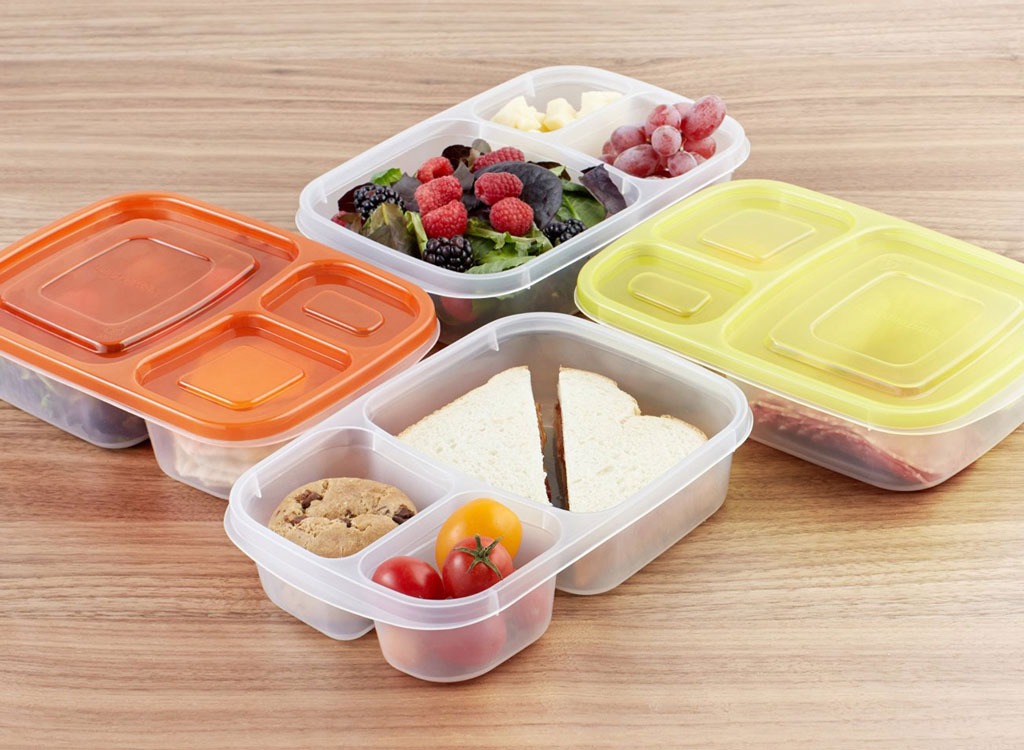
Much like preparing a shopping list, meal prep is also a great way to save money and prevent superfluous spending. For instance, if you plan and prep your weekday work lunches ahead of time, you’re less likely to head out with co-workers and spend $20 at one of those trendy salad places.
Look at the Expiration Date

When shopping, it’s a good idea to look at the expiration dates on food items. While this is a solid tip to keep in mind regardless of whether or not you’re trying to save money, it can be especially helpful to those on a tight budget, because supermarkets will typically offer steep discounts on food nearing its expiration date that would otherwise have to be thrown away. In fact, an app called Flashfood connects consumers with food that’s about to expire and offers to sell it to them for a fraction of the original price.
Buy In Bulk
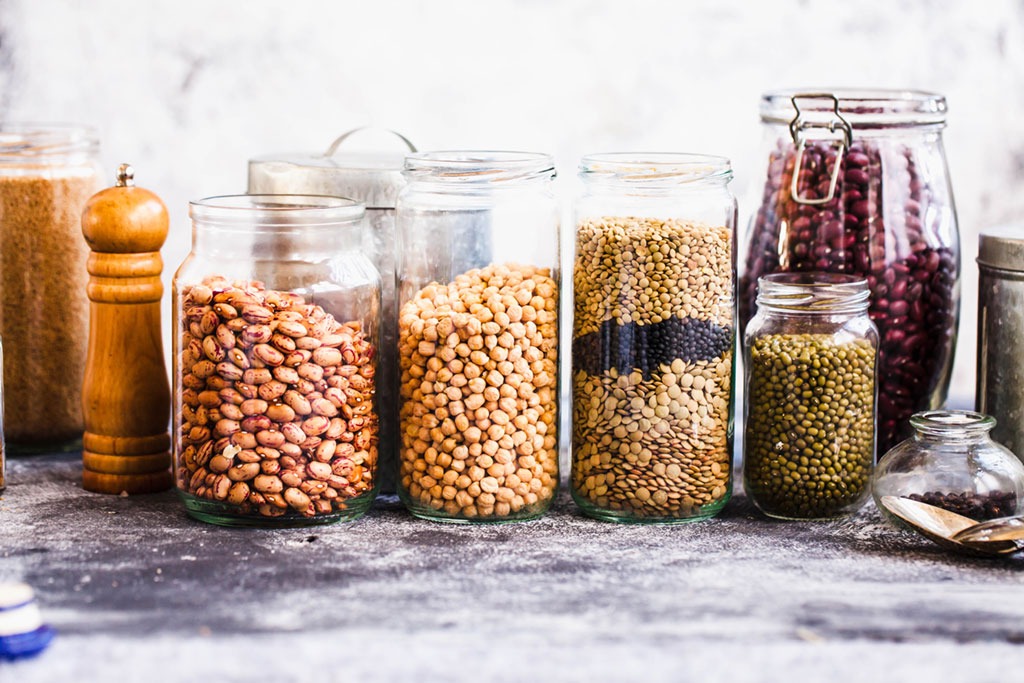
Another obvious but useful tip is to buy in bulk, and we’re not just talking about big box stores like Costco and Sam’s Club. At Whole Foods, for example, goods from the bulk bins (such as quinoa, various types of beans, and nuts) are often cheaper than their packaged counterparts. What’s more? You’re in control of how much you buy of a certain item, decreasing the potential for waste (and wasted money.)
Purchase Blocks Of Cheese
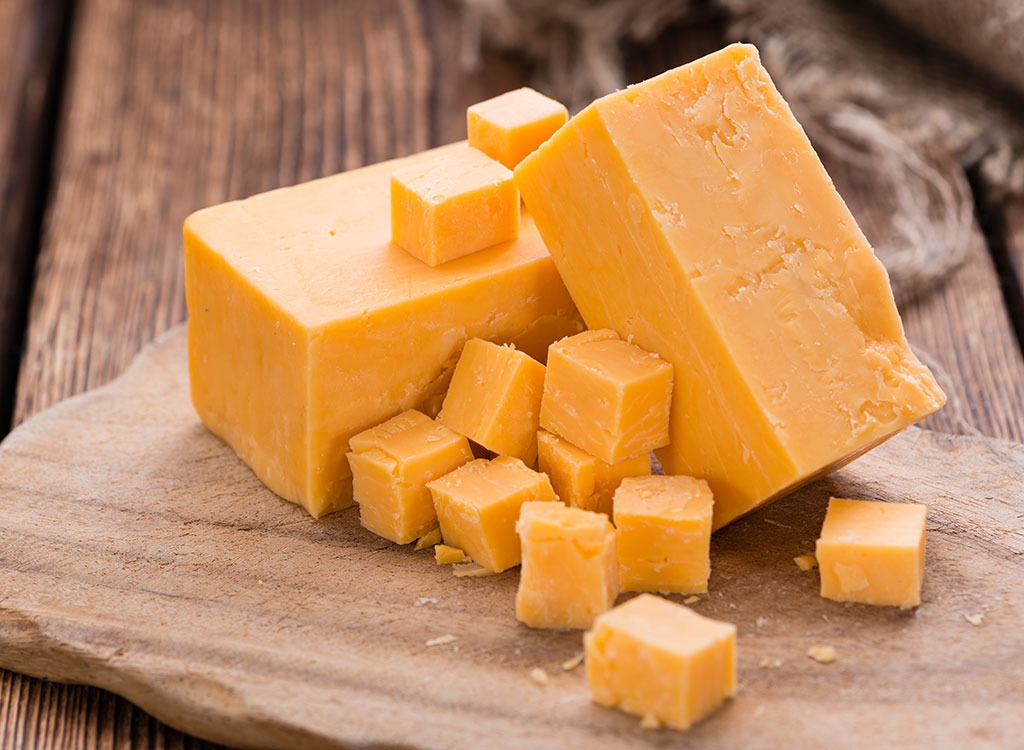
Similar to buying in bulk, buying blocks of cheese as opposed to pre-packaged shredded versions is also a solid money-saving tip, as pre-packaged goods tend to be more expensive.
And while a block of cheese may be intimidating to some who don’t think they can finish it, keep in mind that if stored properly, cheese can be kept in the refrigerator for several weeks.
Stick to Store Brand

Sign Up For Discount Cards

In addition to brands of their own, many supermarket chains also have their own discount cards which often reward loyalty amongst consumers and guarantee members-only deals on certain products. The Kroger Plus Card, for example, allows you to get sale prices on hundreds of products in the store, and if you register your card on the Kroger website you will frequently receive coupons in the mail, including periodic coupon booklets and personalized coupons based on your shopping habits.
Shop Later In The Evening

Believe it or not, the time of day you choose to hit the supermarket can have a big impact on your budget. Heading to the store at night, for example, can save you a good deal of money. At the end of the day stores are typically looking to get rid of perishable foods, so swing by the bread and/or meat counter and see if you can score any deals.
Stock Up On Lemons
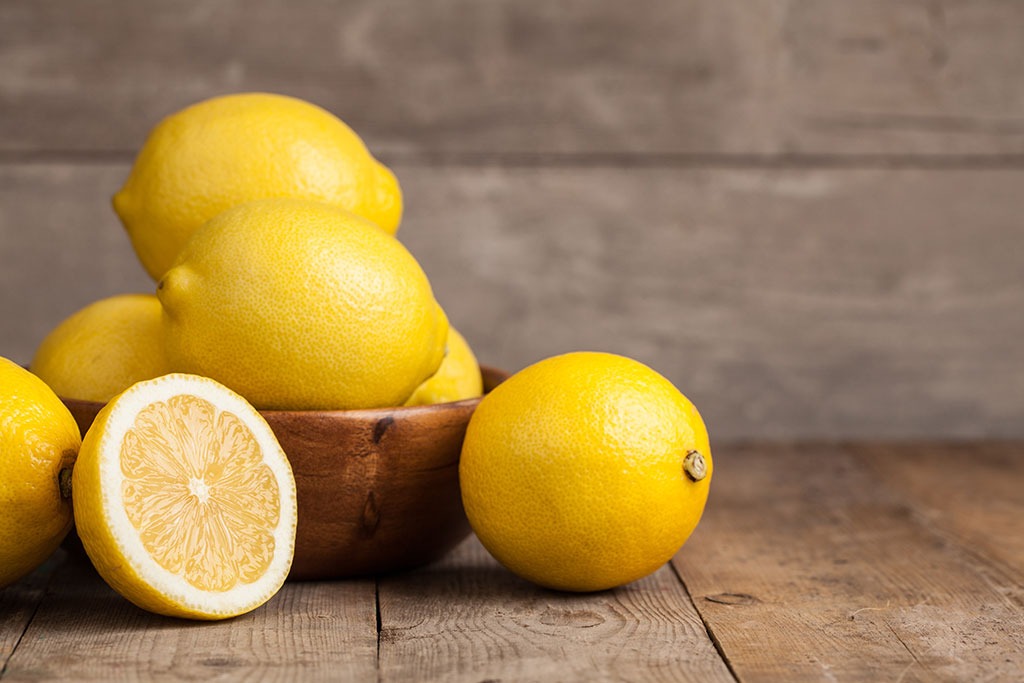
When it actually comes time to cook your food, use lemons whenever you can. Not only is the flavorful citrus fruit loaded with vitamin C, but it also contains polyphenols that researchers say may ward off fat accumulation and weight gain. Pectin, which is found in the peel and pulp of citrus fruits like lemons, has been proven to help people feel fuller, longer. According to a study published in the Journal of the American College of Nutrition, people who ate just 5 grams of pectin experienced more satiety, so if you work lemons into your meal you are less likely to go back for seconds or waste money and calories by snacking later. Interestingly enough, lemons can also curb hunger by acting as an appetite suppressant.
Find Alternative Sources Of Protein
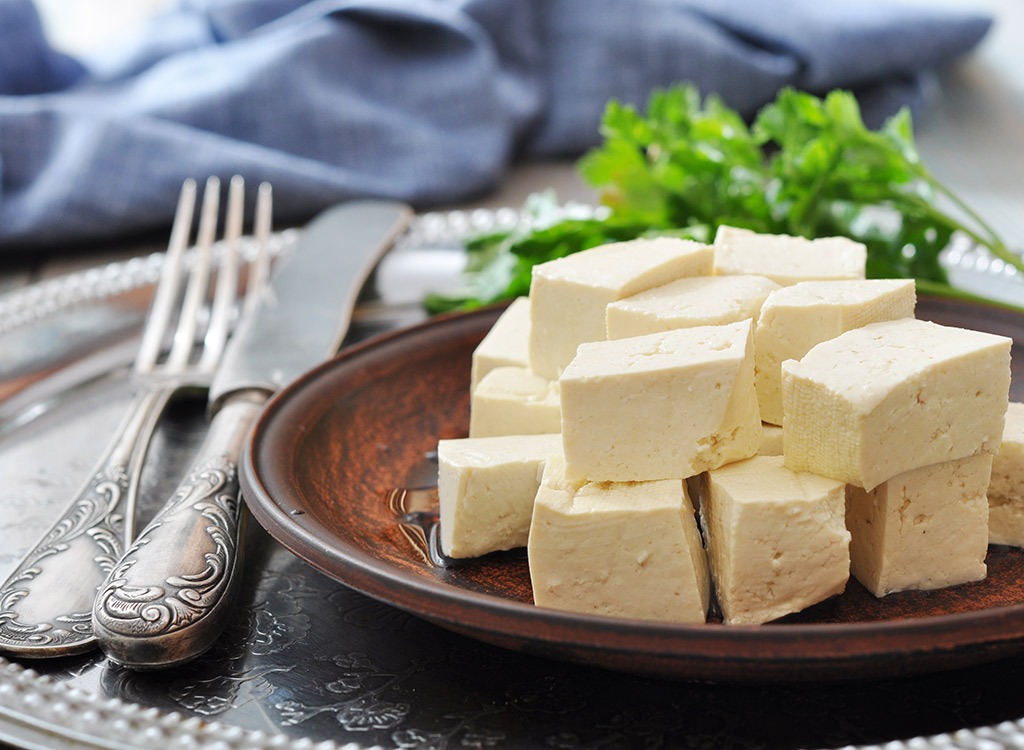
Protein is a key part of any balanced diet, but the belly-fat blasting nutrient doesn’t just come from red meat, which can be pretty expensive depending on the cut and quality. In fact, eggs, nuts, legumes, and grains are also excellent sources of protein that won’t break the bank, so work those into meals whenever you can and try to limit your red meat consumption to once or twice a week. Your wallet and waistline will thank you. What’s more? Legumes and grains specifically are often sold in bulk, meaning you can stock up without going over budget.
Stick To Fruits And Vegetables That Are in Season

When making your shopping list for the week, take note of what fruits and vegetables are in season. In addition to ensuring freshness, buying and cooking with produce that’s in season will save you money, because in-season goods that can be sourced locally typically cost less than foods that need to be imported from other countries.
Know The Best Way To Store Your Food
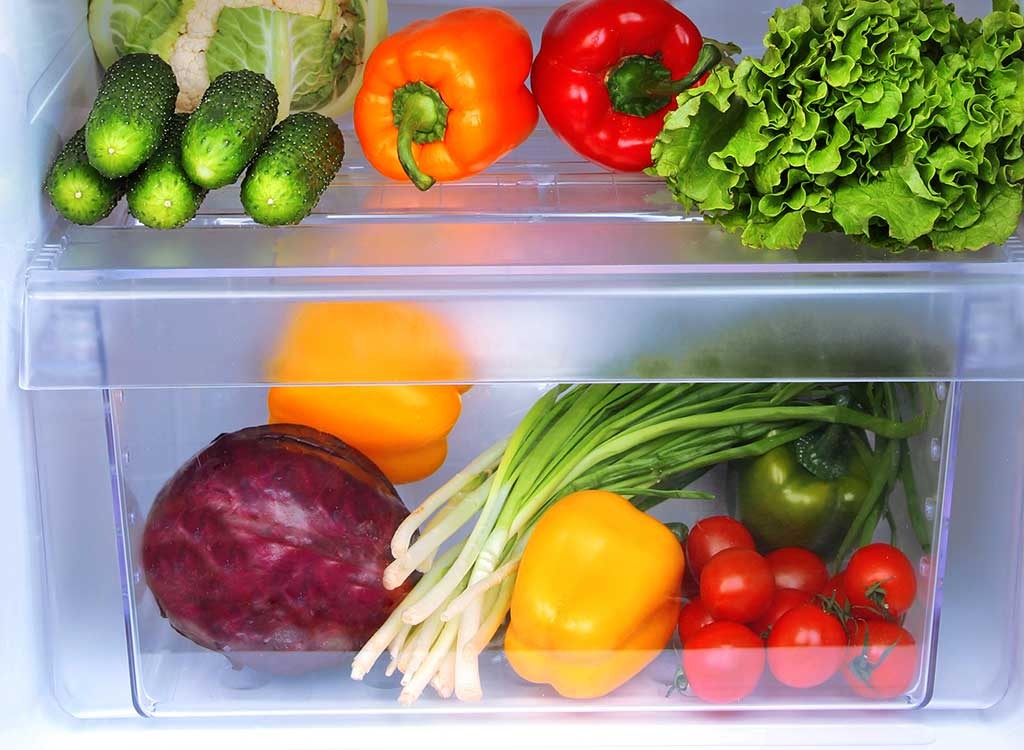
To prevent the food you buy for your meals from spoiling too quickly, it pays to know the best ways to store everything. While the rules vary from item to item, generally speaking, you should put things that tend to rot in a drawer with a low-humidity setting. This includes fruits and vegetables that emit an ethylene gas, such as apples and pears.Things that wilt, such as leafy greens and herbs, should go in the high-humidity drawer because the moisture keeps the greens crisper and fresher for longer periods of time.
Double Recipes

Doubling recipes may already be part of your meal prep plan, but if it’s not then let’s consider how the simple habit might impact your budget. For starters, doubling a recipe means you’ll use more of the ingredients you buy, which translates to less food waste and wasted money. What’s more? Doubling a recipe also allows you to store leftovers, which you can then eat at a later date.
Control Your Portions
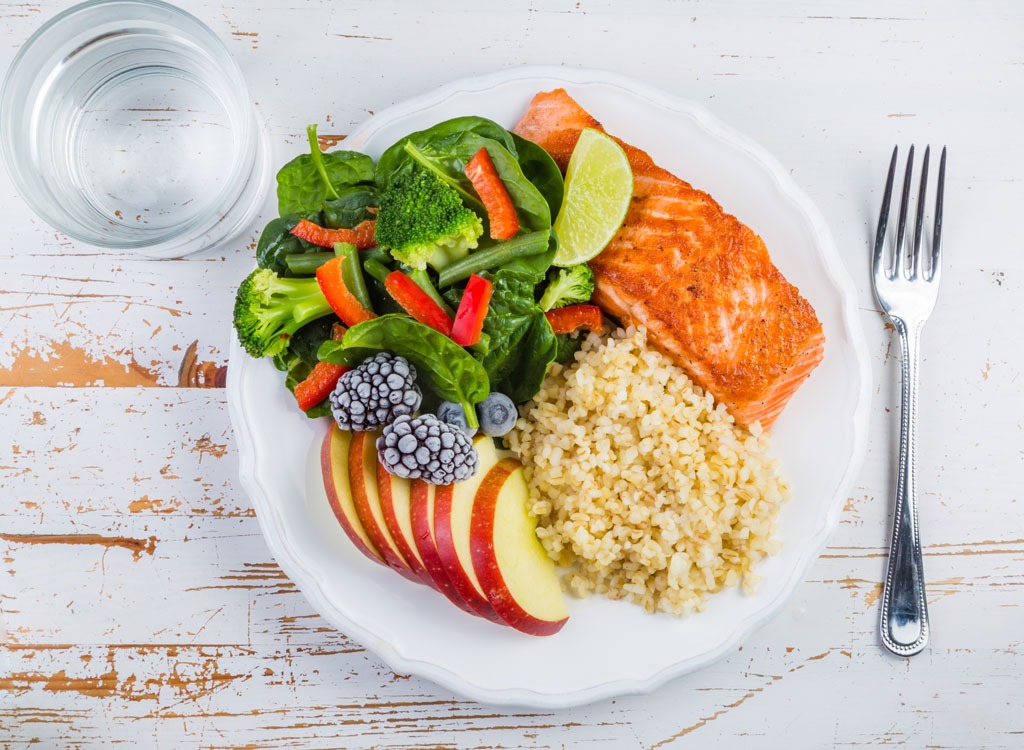
Not only will portion control help you stay in shape, but it will also save you money. If you pre-portion each of your meals before sitting down to eat (as opposed to serving food family-style) you will be less inclined to get up and go back for seconds, meaning you’ll have more leftovers for subsequent meals during the week. When portioning out the food, just make sure you have a balanced plate that features half vegetables and one quarter each of a protein and grain.
Cook With More Fiber
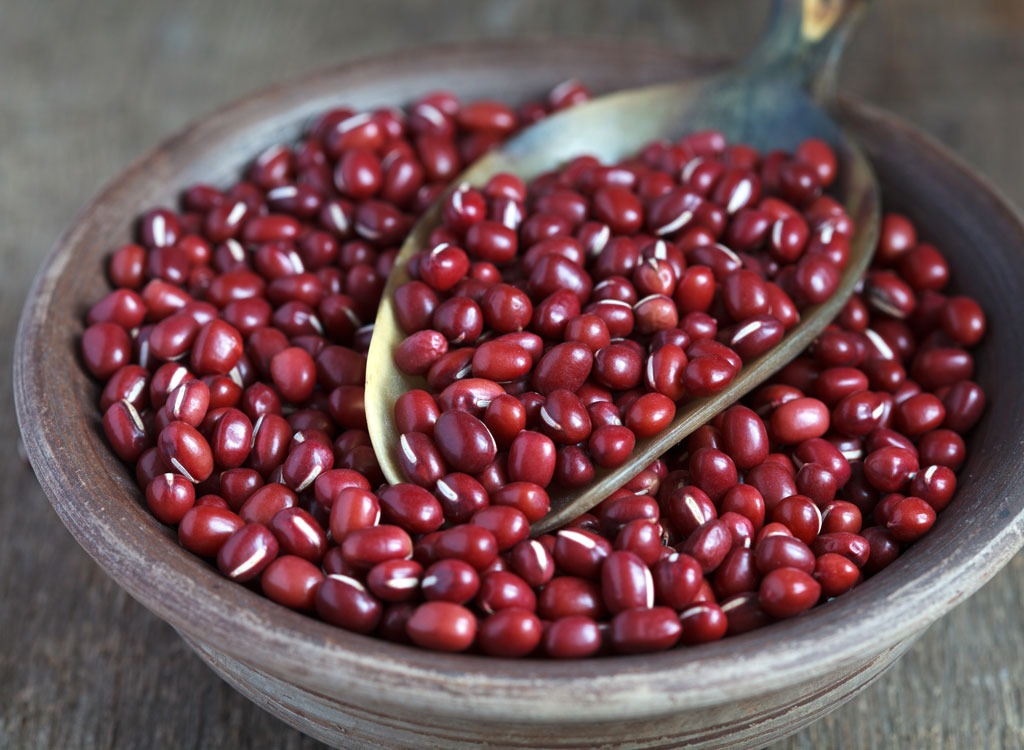
As it turns out, there are numerous benefits to ensuring that each of your meals is loaded with fiber. The all-important nutrient is the key to maintaining good digestive health and has also been shown to help prevent heart disease, diabetes, and weight gain. One of the reasons fiber helps prevent weight gain is because it keeps you fuller, longer. Cooking with plenty of fiber then—such as beans, whole grains, and cruciferous vegetables—is a great way to ensure you won’t eat more than you need, thus allowing you to maintain your weight and keep the leftovers for subsequent meals.
Embrace Eggs
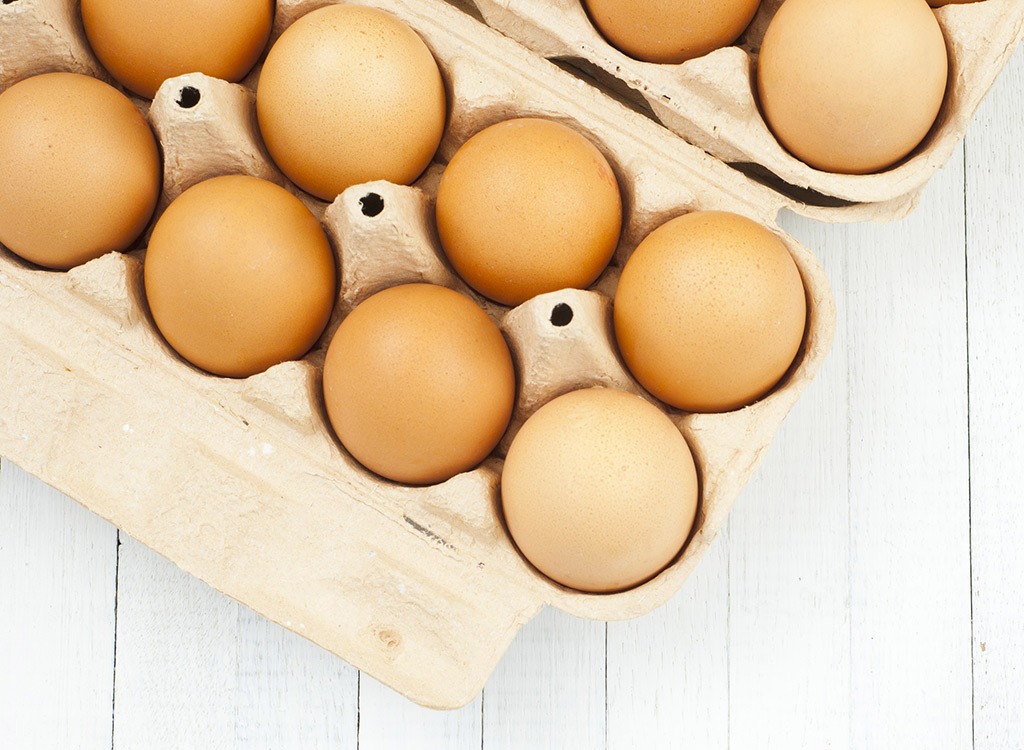
Eggs are a cheap and never out of season, so it pays to eat them several times a week. In addition to being eggcellent sources of a wide variety of vitamins and minerals, eggs are the ultimate hunger squasher. Rich in both muscle-building protein and satiating healthy fats, studies have shown people who eat eggs in the morning will consume less for the rest of the day. In other words, starting your day off with an egg is beneficial to both your wallet and waistline, because it means less superfluous snacking and impulse buys when the afternoon rolls around.
Stir Fry Those Odds and Ends
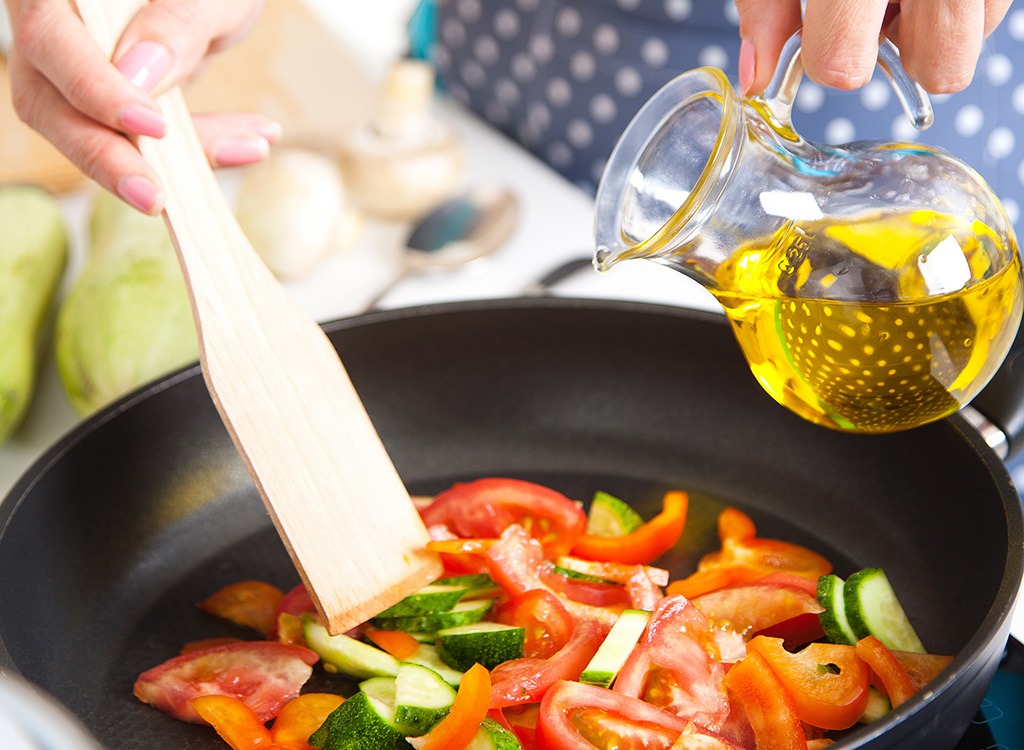
Got a handful of various veggies in the refrigerator and/or grains or spices in the cupboard? Instead of allowing everything to go bad before you have a chance to use it, take stock of the odds and ends you have and consider turning the whole hodgepodge into a delicious stir fry. Not only will you be reducing food waste, but you’ll also be saving money by using as much as you can of whatever you already have on hand.
Or Make a Soup

If stir-fry isn’t your thing, then consider pooling all of those leftovers together and making one big, comforting soup. This is a great way to eat healthy and save money, especially if you got some veggies that are just days away from turning. The soup will ensure the veggies don’t go to waste, and it will be delicious and nutritious to boot!
Roast a Chicken
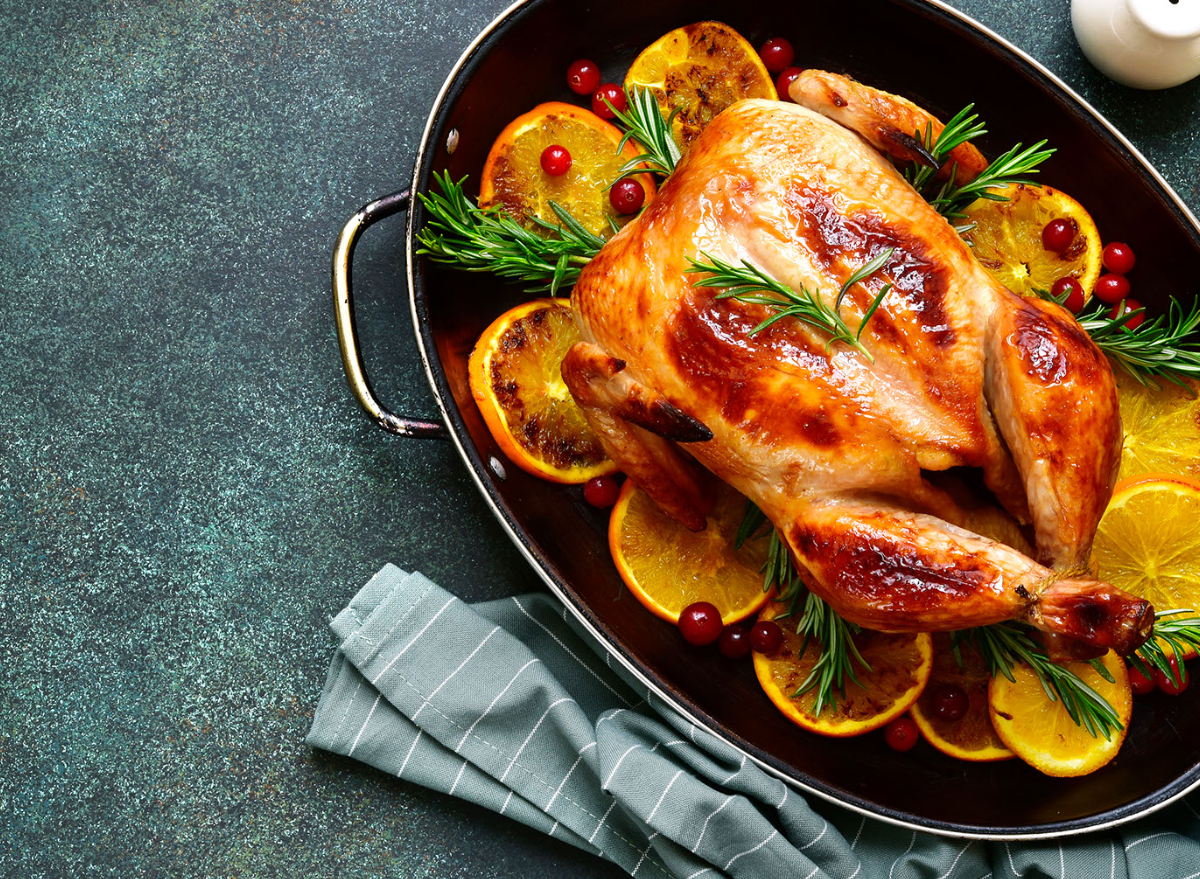
Roasting a chicken is actually quick and easy to do, and it’s a great way to feed a large group of people. And even if you’re not cooking for a group, roast chicken is a great way to go. The leftovers will keep for a few days, and if you’re looking to change it up you can always use the remaining meat to make some delicious chicken salad—perfect for a work lunch. In fact, you can even use the chicken bones to make your own broth, which is a great base for the soup discussed above.
Make Your Own Broth

In addition to chicken broth, vegetable broth is also quick and easy to make on your own using many veggies you probably already have on hand. Sure, supermarkets sell their own pre-packaged broth, but why waste money on something you can easily throw together yourself at no extra cost?
Grow Your Own Vegetables
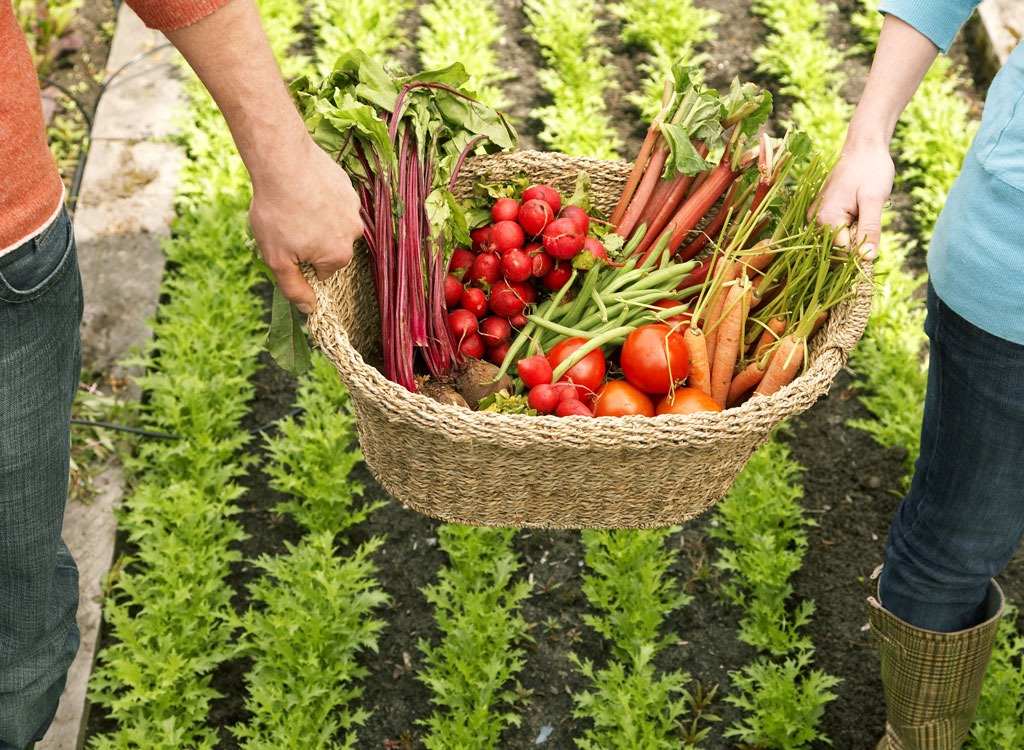
If you have the space and time, consider growing your own fruits and vegetables. In addition to being a source of fresh, healthy produce, gardening helps fight loneliness, keeps you active, and even improves your mood. For example, a 2011 study from the Netherlands cited by CNN suggested that gardening can fight stress even better than other relaxing leisure activities, leading to overall better moods. If you can’t manage a full garden, then start with a small basil or thyme plant. Instead of wasting money on those herbs at the grocery store, you’ll soon be able to source them from your own homegrown stash.
Vacuum Seal Leftovers
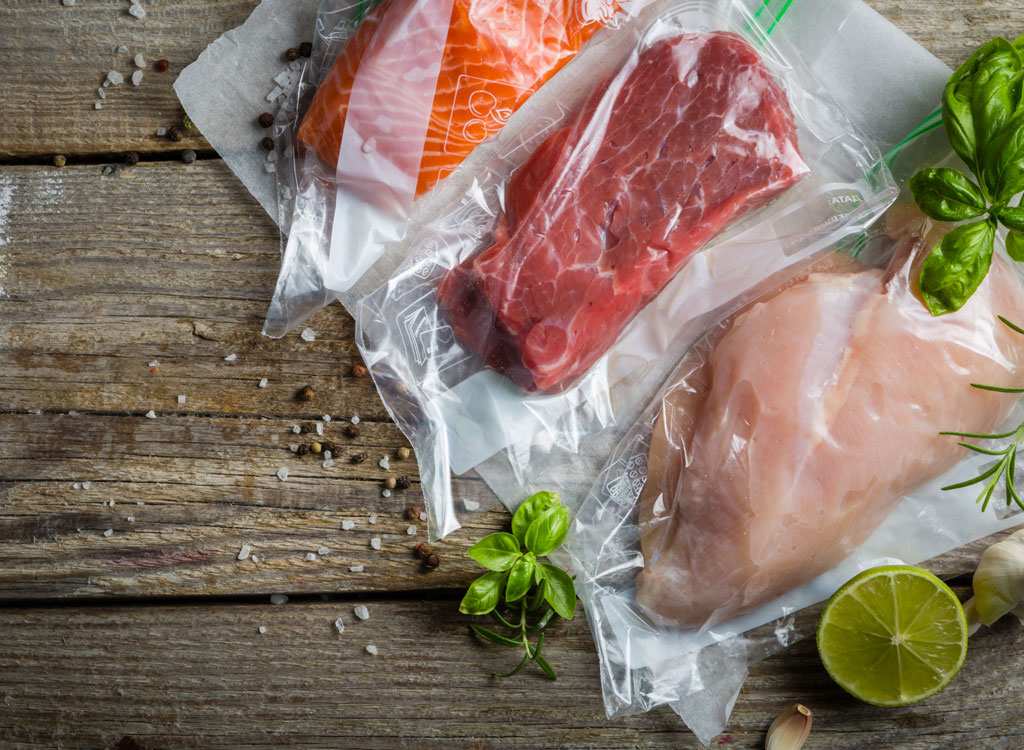
We’ve talked a lot about saving leftovers for later, but that won’t mean anything unless they are properly sealed. To make sure your leftovers stay at peak freshness and keep for as long as possible, try vacuum sealing them. That way, they can keep for days (or sometimes even weeks) at a time before spoiling. Speaking of leftovers if you’ve got a bunch of odds and ends you just don’t know what to do with, then check out these recipes for the 20 Best-Ever Fat-Burning Soups!
